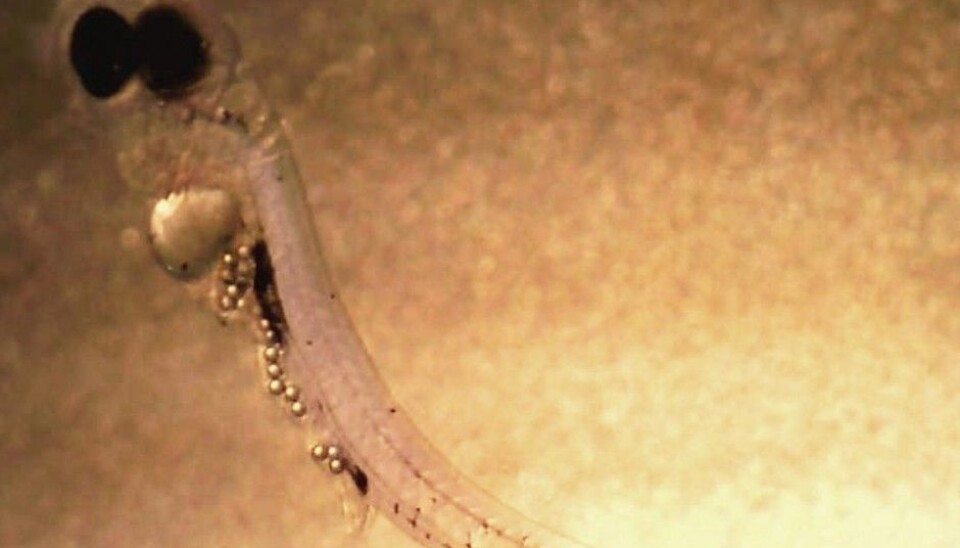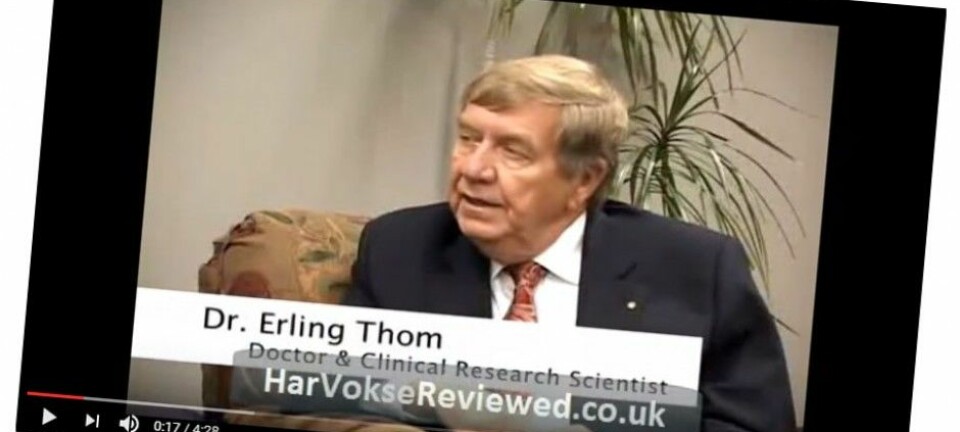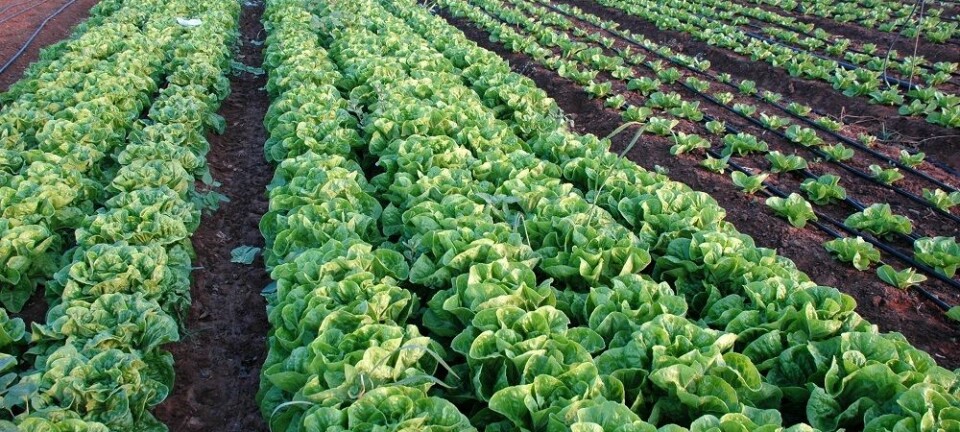
Swedish research article retracted by prestigious international journal
Science magazine, one of the top academic journals in the world, has retracted an article written by two Swedish researchers whose data and methods have been judged to be suspect by a Swedish review board.
Researchers have long known that microplastics, the tiny bits of plastic that result from the breakdown of bigger pieces of plastic, are an increasing problem in the environment.
But there’s a big difference between finding microplastic in the stomachs of different animals and being able to document that it is actually affecting behaviour.
So when two Swedish researchers reported last year that exposure to microplastic at real-world concentrations affected the hatching, feeding and behaviour of European perch larvae, the scientific world took notice. The results were published in the 3 June 2016 issue of Science magazine, one of the world’s top academic journals.
Now, Sweden’s Central Ethical Review Board has raised questions about the veracity of the study, stating in a 21 April report that the researchers had not submitted original data from their research, which “leads to suspicions that the research was not done, at least not to the extent reported.” The Board also criticized Science magazine for printing the article in the first place.
In the face of the Review Board’s findings, the authors themselves asked Science magazine to retract the article. On 3 May 2017, the editors of Science magazine did exactly that.
Serious breach of research ethics
Researchers Oona Lönnstedt and Peter Eklöv from Uppsala University deny that they have cheated. And an external group of experts that considered the case on behalf of the university last autumn concluded that the researchers did not do anything wrong. Nor was there a basis for launching a larger investigation, the group said.
However, the Central Ethical Review Board criticized this conclusion in its 21 April report. The Board said it seemed remarkable that the university did not find evidence of scientific dishonesty.
In their scientific article from June last year, the Uppsala researchers wrote that the perch larvae preferred to eat plastic rather than food. Furthermore, they reported finding evidence that the tiny plastic pieces in the water inhibited larval growth and made baby perch so much less responsive to threat cues that they were more vulnerable to being eaten by predators.
But just a few days after the article was first published, the researchers contacted Science magazine to report the theft of the computer on which the raw data were stored. The data had not been backed up or stored elsewhere, the researchers told the journal’s editors.
Without access to the original data collected during the actual research, other researchers can’t double check to see if the reported results are correct. The Swedish Review Board described this as a serious breach of research ethics.
Additionally, the researchers had not obtained the appropriate ethical approval they needed to study the fish. The researchers said they had approval, but the approval turned out to be for a completely different type of fish. This also amounts to scientific dishonesty, the Review Board wrote.
Researchers sounded the alarm
Shortly after the article appeared in June last year, seven researchers claimed that the two fish researchers had faked their findings.
One of the accusations came from Fredrik Jutfelt, an associate professor at the Norwegian University of Science and Technology (NTNU).
Jutfelt was on the island of Gotland while Oona Lönnstedt was supposed to be conducting her research in the spring of 2015. Based on what he saw, he said he thought the experiments could not have been carried out at the scale described in the study. Lönnstedt, he said, was not on the island long enough to do the study, and had too few containers of fish.
Relieved to be vindicated
Now Jutfelt is relieved that Science has retracted the article.
"It’s good to be vindicated,” he said.
While the Swedish Central Ethical Review Board did not go as far as concluding that the researchers had fabricated their research, it did say the research was suspect since the scientists were unable to provide the basis for their conclusions.
“We can finally go back to doing research,” Jutfelt said in response to the Review Board’s decision. “We hope that Uppsala University will pursue the case, that they will address the situation and show that they do not tolerate cheating.”
While neither Lönnstedt or Eklöv answered requests for a response to this article, they have elsewhere denied any wrongdoing. When the two researchers asked Science to withdraw the paper, for example, they said they stood by their findings but wanted the paper retracted because the results “will not be trusted as long as a suspicion of misconduct remains.”
-------------------------------------
Read the Norwegian version of this article at forskning.no







